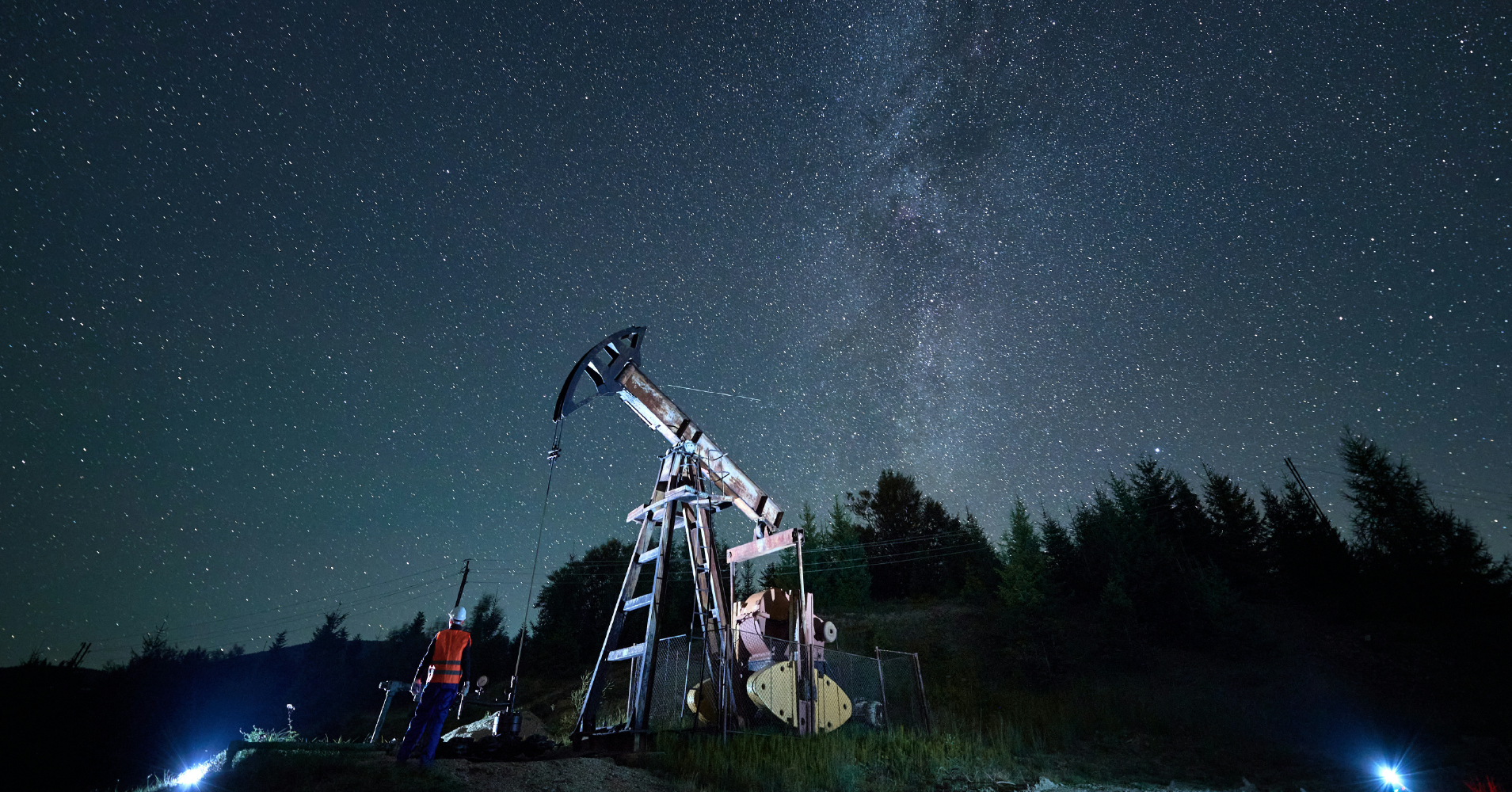
Oil well servicing is indispensable in the oil and gas industry. It ensures that oil wells maintain peak performance throughout their operational life. This comprehensive process includes routine inspections, maintenance, and advanced technologies to address operational issues. Effective well servicing maximizes oil extraction and ensures compliance with safety and environmental standards, safeguarding both workers and the environment.
From initial drilling to eventual decommissioning, well servicing activities are essential for addressing challenges throughout the well’s lifecycle. These activities help prevent potential issues, reduce operational costs, and enhance production rates. By maintaining wells in optimal condition, servicing plays a critical role in the sustainability and profitability of oil extraction operations.
Comprehensive Inspections and Preventive Maintenance
Comprehensive inspections and preventive maintenance are the foundation of effective well servicing. Regular inspections are crucial for identifying potential problems early, preventing them from escalating into more serious issues. Technicians employ various diagnostic tools and techniques to assess the condition of well components, such as the casing, tubing, and valves.
Preventive maintenance tasks often include cleaning the wellbore, replacing worn-out parts, and performing necessary repairs. Preventive maintenance helps avoid costly breakdowns and production interruptions by addressing minor issues promptly, ensuring that the well continues to operate efficiently. This proactive approach extends the well’s lifespan and maintains consistent production levels.
Chemical treatments are also a key aspect of preventive maintenance. These treatments can dissolve blockages, prevent corrosion, and enhance oil flow. Regular chemical maintenance helps preserve the well’s structural integrity and optimize oil extraction, contributing to overall production efficiency.
Technological Advancements in Well Servicing
Technological advancements have significantly enhanced the efficiency and effectiveness of well-servicing. One major innovation is the use of downhole sensors and real-time monitoring systems. These systems provide continuous data on critical parameters, such as pressure, temperature, and flow rates, enabling precise well control and management.
Robotic systems for inspections and repairs represent another significant technological advancement. Robots can operate in harsh and confined environments, performing tasks that would be difficult or dangerous for human workers. These systems improve the accuracy and safety of servicing operations, reducing the risk of accidents and enhancing overall efficiency.
Hydraulic fracturing, or fracking, has also revolutionized oil well servicing. By injecting high-pressure fluid into the well, fracking creates fractures in rock formations, increasing oil flow. This technique has dramatically improved production rates in many oil fields, contributing to the overall efficiency of extraction operations.
Enhancing Oil Production with Well Stimulation Techniques
In addition to traditional stimulation methods, new technologies such as enhanced oil recovery (EOR) techniques are being developed. EOR methods inject steam, gas, or chemicals into the well to increase oil recovery. These advanced techniques can significantly boost the amount of extractable oil, improving overall well efficiency.
Well-stimulation techniques enhance oil well productivity. These methods, including acidizing and hydraulic fracturing, are designed to improve oil flow from the reservoir to the wellbore. Acidizing involves injecting acid into the well to dissolve rock formations and clear blockages, while hydraulic fracturing uses high-pressure fluid to create fractures in the rock.
These stimulation techniques increase the reservoir’s permeability, allowing for greater oil flow. By improving well performance, these methods contribute to higher production rates and extended well lifespans. Stimulation techniques particularly benefit aging wells, where natural production rates have declined.
Addressing Environmental and Safety Concerns
Environmental and safety concerns are paramount in oil well servicing. Ensuring worker safety and minimizing environmental impacts are top priorities. Companies must adhere to strict regulations and guidelines to protect human health and the environment.
Servicing activities often involve chemicals and heavy machinery, posing risks if not managed properly. Implementing robust safety protocols and providing comprehensive training for workers are essential for minimizing these risks. Regular safety audits and inspections help ensure compliance with regulatory standards and identify areas for improvement.
Environmental protection measures are also integral to well-servicing operations. Companies must take steps to prevent spills, manage waste responsibly, and reduce emissions. Utilizing environmentally friendly technologies and practices, such as biodegradable chemicals and advanced waste treatment systems, helps minimize the ecological footprint of servicing activities.
The Future of Oil Well Servicing
The future of oil well servicing lies in continued technological innovation and the adoption of sustainable practices. Advances in digital technology, such as the Internet of Things (IoT) and artificial intelligence (AI), are expected to play a significant role in well-servicing evolution. These technologies will enable more efficient monitoring, predictive maintenance, and optimization of well operations.
Sustainability is becoming increasingly important in the oil and gas industry. Companies are exploring ways to reduce their environmental impact and improve operational sustainability. This includes developing new materials, such as biodegradable drilling fluids, and implementing renewable energy solutions to power servicing activities.
Integrating renewable energy sources, such as solar and wind power, can help reduce the carbon footprint of well-servicing operations. By harnessing clean energy, companies can decrease their reliance on fossil fuels and contribute to a more sustainable energy future.
Oil well servicing is a vital component of the oil and gas industry, essential for maintaining and enhancing production efficiency. Through comprehensive inspections, preventive maintenance, and the application of advanced technologies, servicing activities help ensure optimal well performance. Addressing environmental and safety concerns is critical for the sustainability of these operations. As the industry continues to evolve, the future of oil well servicing will be shaped by technological innovation and a commitment to sustainable practices, ensuring that oil extraction remains efficient, safe, and environmentally responsible.